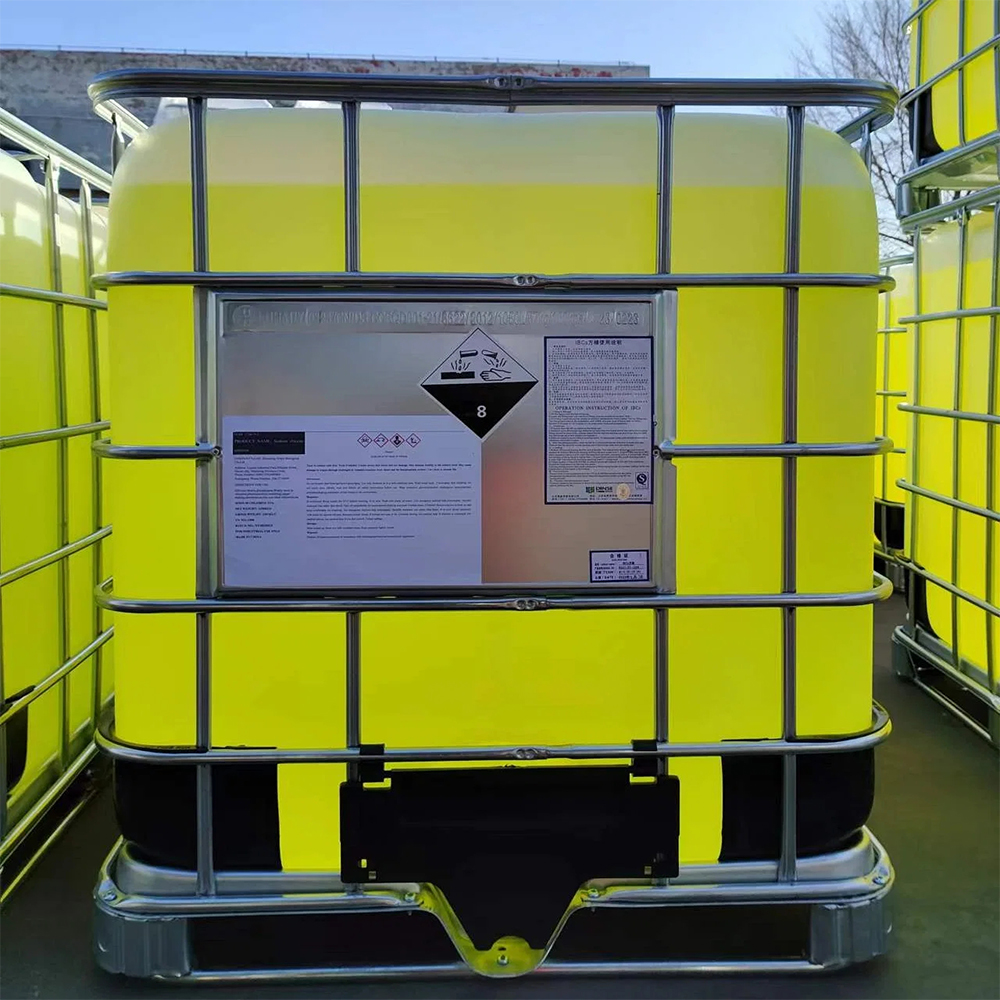



manufacture of calcium ammonium nitrate pdf
Manufacture of Calcium Ammonium Nitrate An Overview
Calcium Ammonium Nitrate (CAN) is a widely utilized fertilizer that is composed of calcium and ammonium ions, providing essential nutrients for plant growth. The manufacturing process of CAN involves several steps, starting from the synthesis of ammonium nitrate and the incorporation of calcium sources.
The primary raw materials for the production of CAN are ammonia and nitric acid, which react to form ammonium nitrate. This reaction is exothermic and typically involves a neutralization process. The chemical reaction can be represented as
\[ \text{NH}_3 (g) + \text{HNO}_3 (aq) \rightarrow \text{NH}_4\text{NO}_3 (aq) \]
Once ammonium nitrate is produced, calcium is added to create the final product. This is usually achieved by mixing the ammonium nitrate solution with calcium carbonate or calcium hydroxide. The integration of calcium not only enhances the fertilizer’s nutrient profile but also improves the physical properties of the resultant granules, reducing the risk of moisture absorption and caking.
manufacture of calcium ammonium nitrate pdf

Next, the mixed solution undergoes evaporation to remove excess water, forming a concentrated mixture of CAN. This solution is then subjected to granulation, where it is transformed into solid granules. Various techniques can be utilized, including drum granulation or fluidized bed granulation, which ensure uniform size and high quality of the fertilizer granules.
After granulation, the product is dried to achieve the desired moisture content and is subsequently screened to separate oversized and undersized granules. The final step in the manufacturing process involves coating the granules, which can help prevent nitrogen loss and improve the dispersibility of the fertilizer when applied.
The production of Calcium Ammonium Nitrate is not only significant for agricultural applications but also carries environmental considerations. Manufacturers implement strict regulations and measures to minimize emissions and ensure that the production process is sustainable and safe.
In conclusion, the manufacture of Calcium Ammonium Nitrate involves a careful amalgamation of chemical processes and granulation techniques, resulting in a nutrient-rich fertilizer that plays a crucial role in enhancing agricultural productivity. As global demand for fertilizers increases, the efficiency and sustainability of the CAN manufacturing process remain essential for supporting food production while mitigating environmental impact.
-
Why Strontium Carbonate Still MattersNewsJun.06,2025
-
Why BaSO4 MattersNewsJun.06,2025
-
Why Barium Carbonate Still MattersNewsJun.06,2025
-
Strontium Hydroxide: A Versatile Compound for Modern ApplicationsNewsJun.06,2025
-
Strontium Chloride in Daily IndustryNewsJun.06,2025
-
Pure Potassium Nitrate for SaleNewsJun.06,2025
-
What Is Sodium Bisulfate Used For?NewsMay.15,2025










